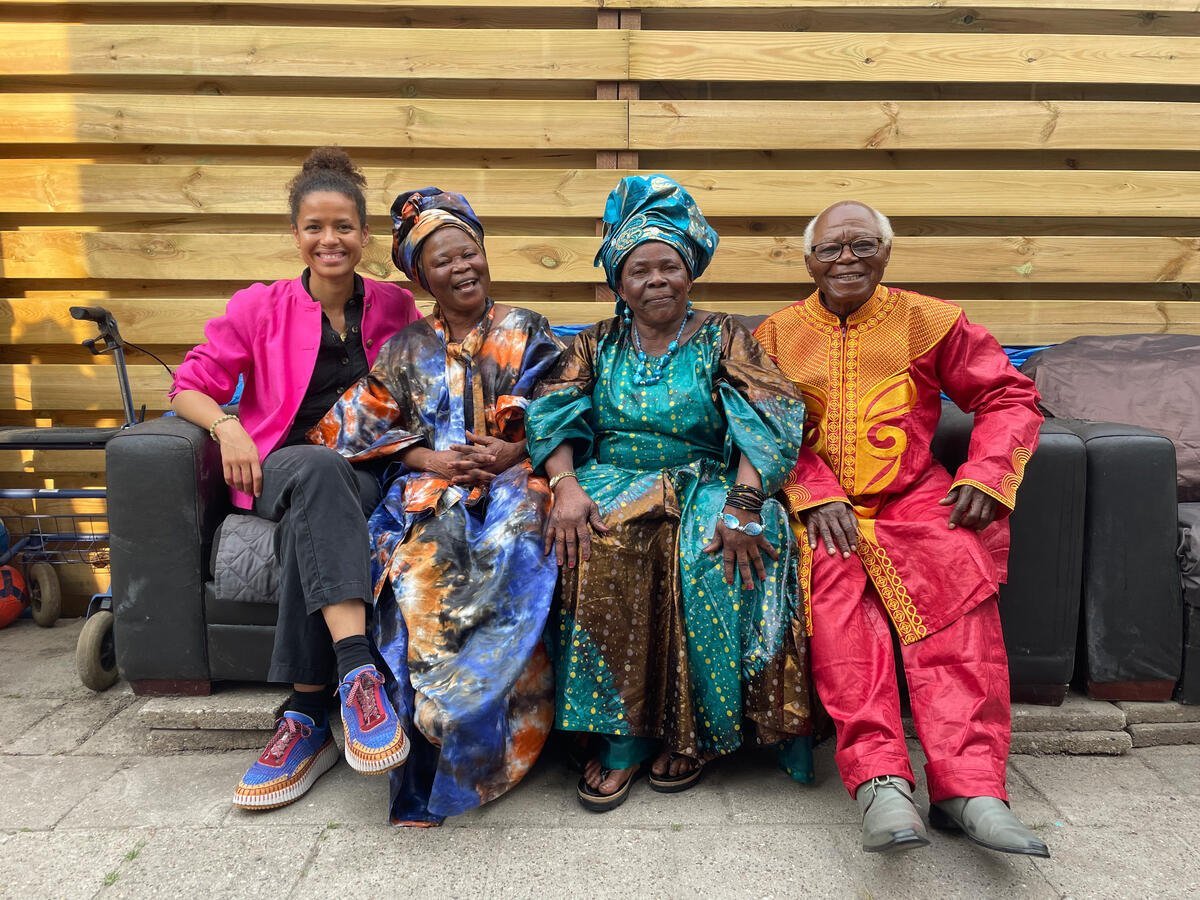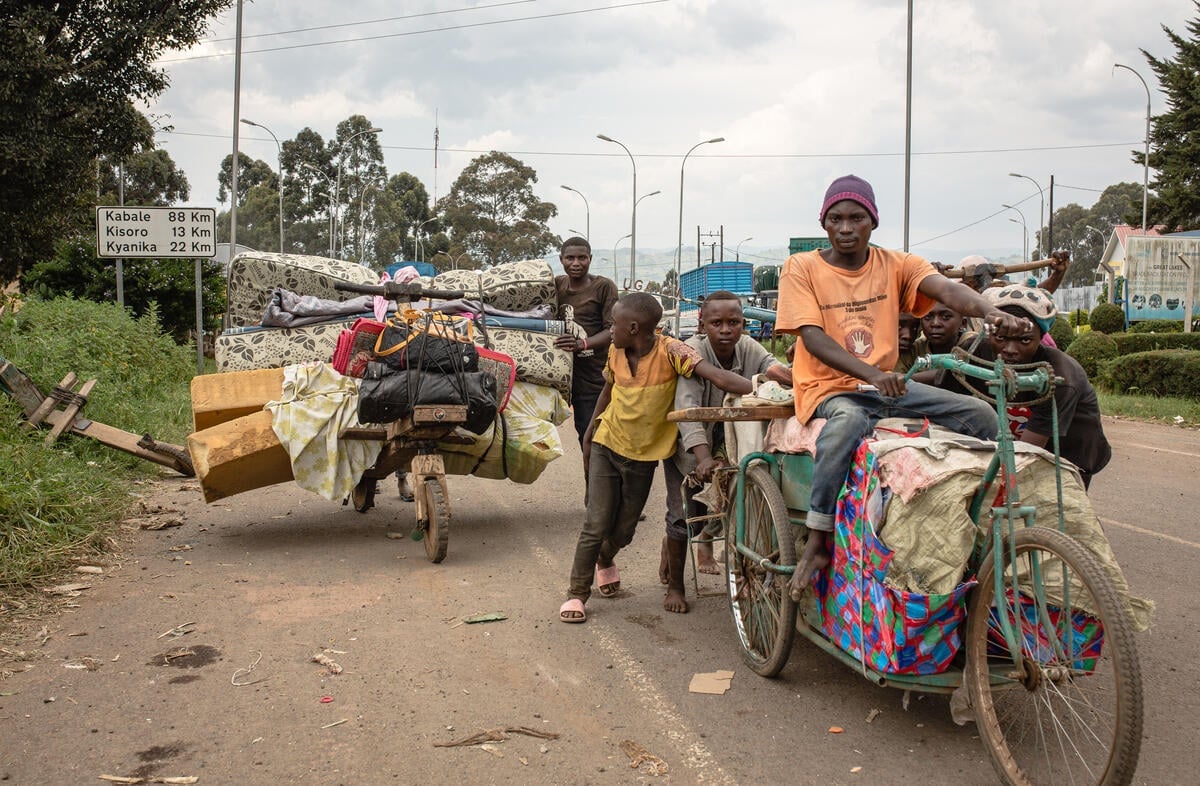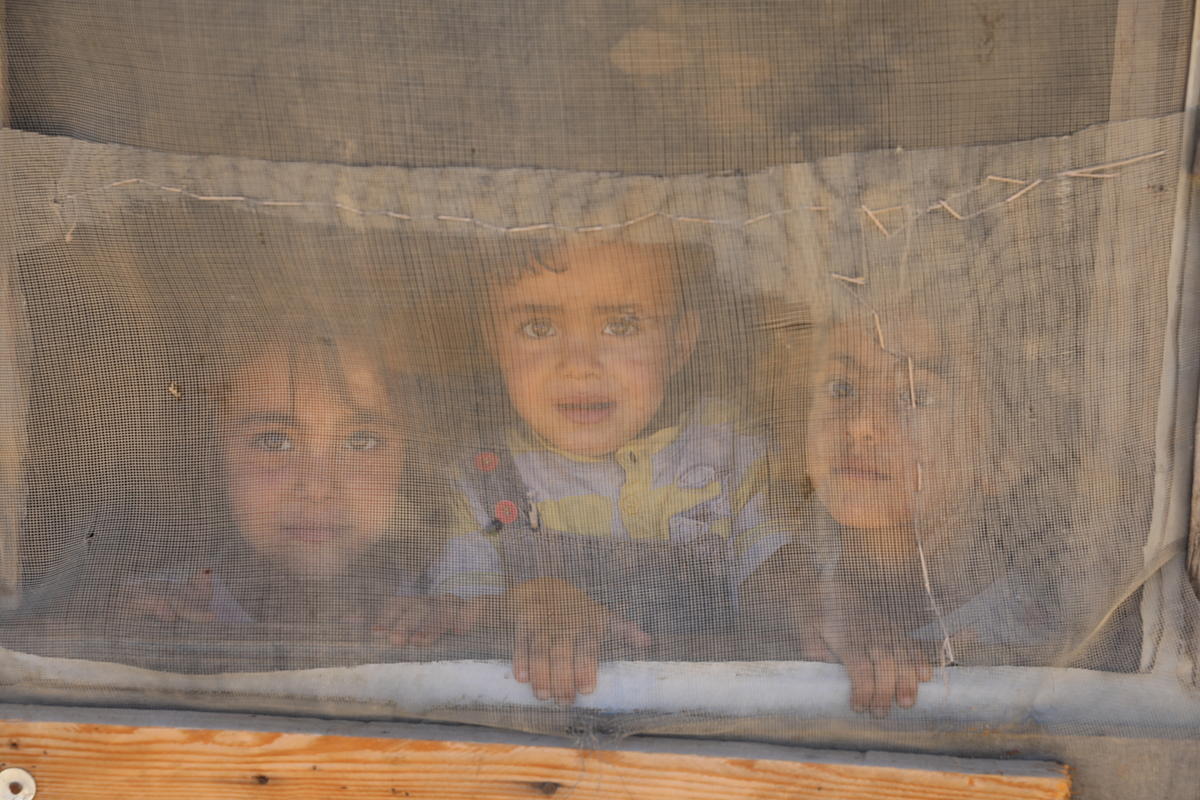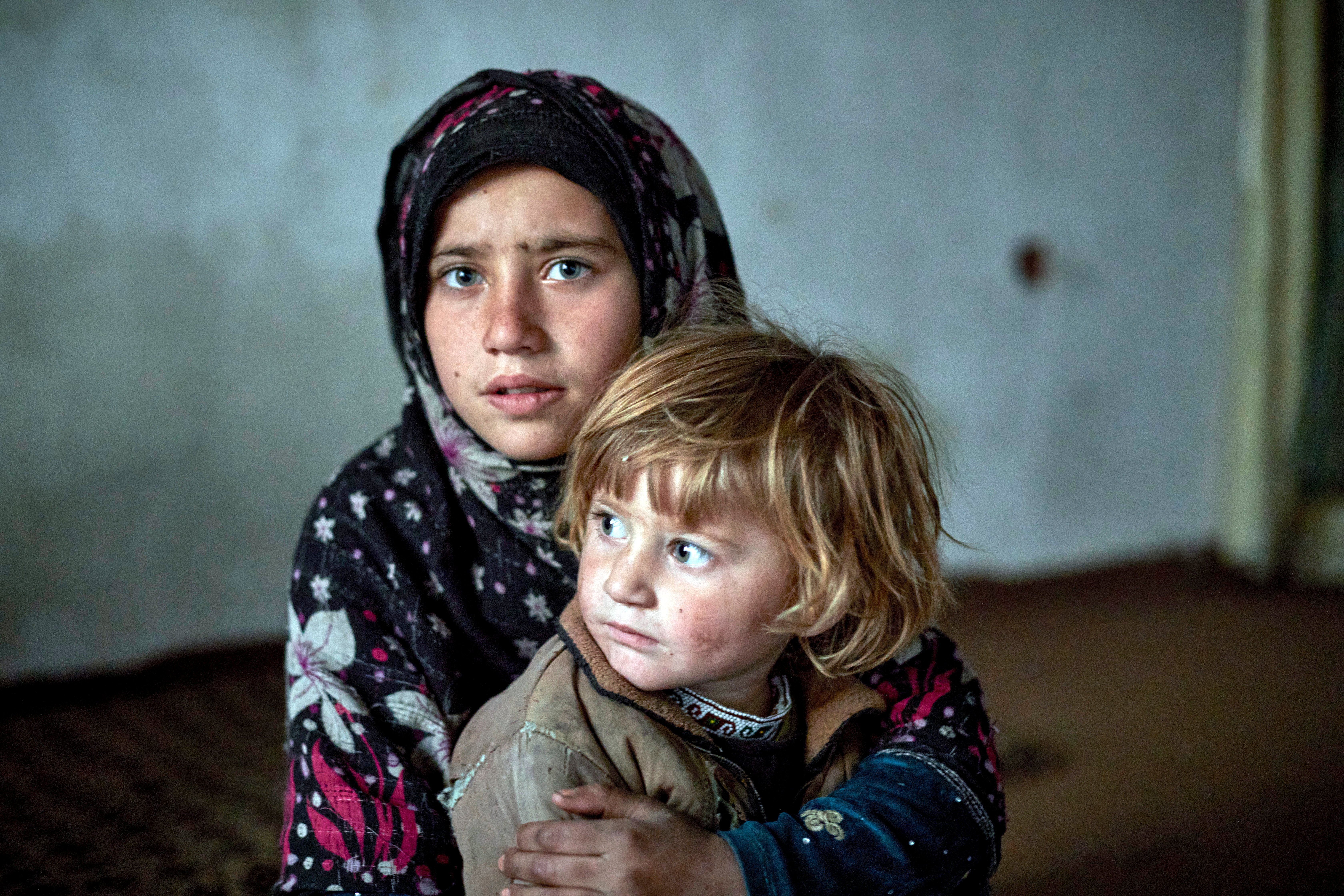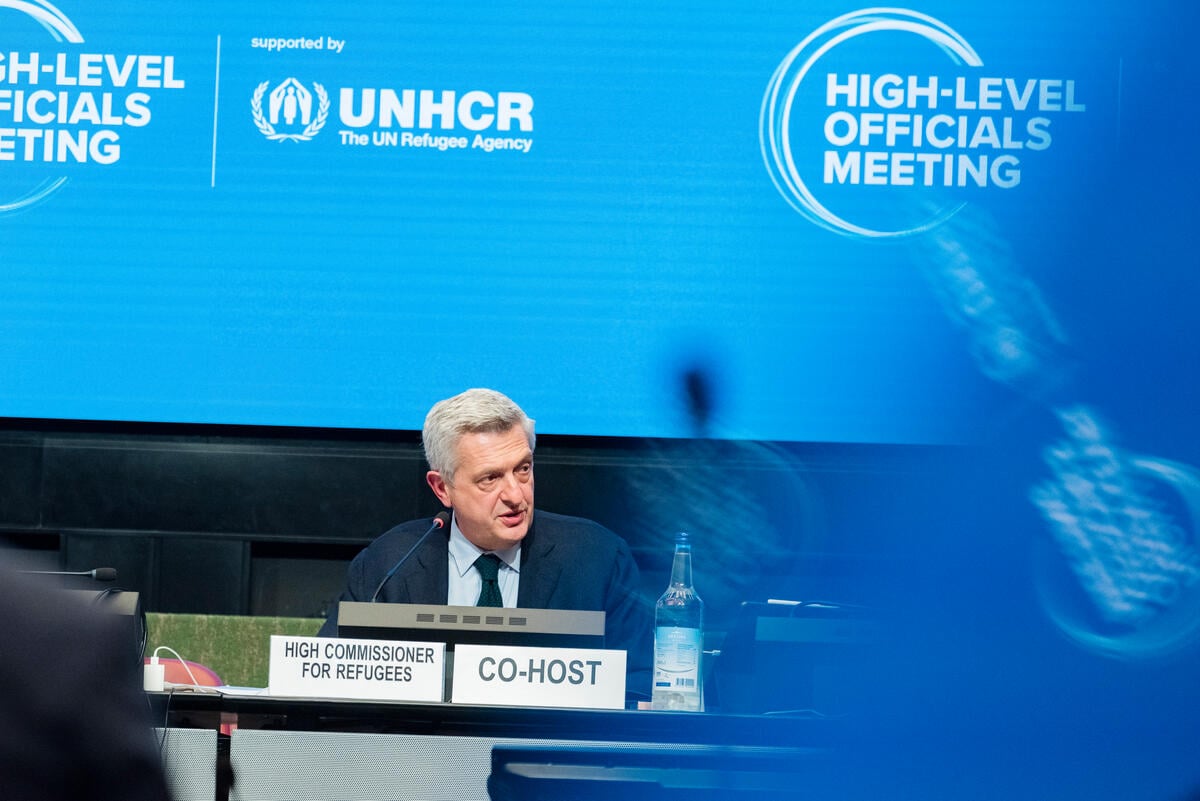Bhutan's refugees to be resettled from Nepal within months
Bhutan's refugees to be resettled from Nepal within months

DAMAK, Nepal, November 6 (UNHCR) - The long-awaited resettlement of refugees from Bhutan is about to start, with the first group of accepted refugees set to leave Nepal's camps early next year.
The green light came last Friday, when the Nepalese government announced that refugees who wish to be resettled to a third country can do so based on informed choice and acceptance by a resettlement country. Ellen Sauerbrey, the United States' assistant secretary of state for population, refugees and migration, welcomed the decision during a visit to Goldhap camp on Friday.
In response, the UN refugee agency has started a mass information campaign in Nepal's camps, holding meetings with refugee leaders and camp management committees to inform them of their options.
"UNHCR prefers to help refugees go back to their home countries when they can do so in safety and dignity," said Abraham Abraham, UNHCR's representative in Nepal. "However, in this case, the only option currently available is for resettlement in a third country for those refugees who wish to make this choice. Resettlement to a third country does not in any way preclude the right of refugees to return to Bhutan."
The United States has said it will resettle 60,000 refugees from Nepal's camps - and more if needed. Other members of the core group consisting of Australia, Canada, Denmark, the Netherlands, New Zealand and Norway have also expressed their desire to take their share in the resettlement of these refugees. In addition, Canada has announced its plan to resettle 5,000 refugees from Bhutan currently living in Nepal's camps.
Resettlement to the US is organized by the US government through its Overseas Processing Entity and the International Organization for Migration (IOM). Refugees must first express interest in resettlement to UNHCR before the refugee agency can refer cases to IOM for processing.
UNHCR's referral does not mean automatic acceptance in a third country. The final decision on whether an individual is authorized to resettle in a particular country would be made by the concerned country, normally following an interview to confirm the individual's identity and interest in resettlement. UNHCR facilitates the resettlement process and has no role in making final decisions for resettlement, but takes into account the best interests of the refugees.
Once accepted for resettlement, the refugees will undergo cultural orientation organized by IOM and the resettlement countries to prepare them for their new life. The first group of refugees is expected to leave Nepal by January 2008.
Slightly more than 100,000 refugees from Bhutan are currently living in seven camps in eastern Nepal, some of them for as long as 17 years.
"We are profoundly grateful to the US government and to all the other resettlement recipient countries as well as to the government of Nepal for supporting third country resettlement as a humanitarian solution," said Abraham.
He added that UNHCR and the international community would continue efforts to ensure that as many doors as possible were opened to find lasting solutions to their plight, including voluntary repatriation to Bhutan as and when return conditions permit.
By Nini Gurung in Damak, Nepal



